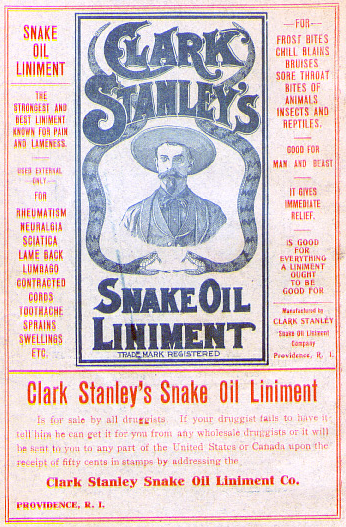By: Michael Diedrick on May 11, 2021
Next week is Global Accessibility Awareness Day (GAAD) -- May 20 -- and we wanted to highlight how important accessibility is, and one simple thing you can avoid: accessibility overlays.
First: I work on the internet precisely because it was the open, egalitarian technology that would be accessible to all people. Anyone can read and participate in websites, and anyone can tell their own story, make their own website, etc. Accessibility was built into HTML with simple things like "Alt Tags" describing images for people who can't see them, and it only takes a little knowledge and minute for a writer to describe their images properly.
GAAD is our yearly reminder that there are other people in the world with differing abilities, and that you can directly make someone's day easier simply by noticing them and caring about their experience. There are way more people that have some kind of disability than you'd think, and there are people you care about who will need it at some point in their lives, perhaps even you one day. A little empathy goes a long way. And if you need a business case, with good accessibility comes good SEO and good visibility, and with bad accessibility comes the risk of someone who can't use your site suing you.
Alas, for every tech problem, there's a slimy salesy solution that's usually easy to spot, often times the sales pitch itself clues you in. With websites, you have to do research. (Here's a clue -- if you have to provide your details to get a price, it's not worth your time.)
 For website accessibility, the slimy solution is known as an "accessibility overly," a single-line piece of code that promises to creates an experience that should have been baked into the website. The premise is that you don't need to care about accessibility, it'll do it for you. The overlays boast of machine-learning or artificial intelligence, and it all sounds really smart, and saves you the trouble of doing accessibility at all, right?
For website accessibility, the slimy solution is known as an "accessibility overly," a single-line piece of code that promises to creates an experience that should have been baked into the website. The premise is that you don't need to care about accessibility, it'll do it for you. The overlays boast of machine-learning or artificial intelligence, and it all sounds really smart, and saves you the trouble of doing accessibility at all, right?
Surprise surprise, it doesn't really work. In fact, overlays get in the way of a user's experience, sometimes enough to make a site fully unusable. People in the accessibility community hate it, and hundreds have signed an overlay fact sheet calling for an end of the practice. Here's a few of the offenders: accessiBe, AudioEye, UserWay and User1st. AccessiBe is very very well funded, and is another easy example of the breakdown of ethics in the tech industry. Just look how the CEO, Shir Ekerling, defends his product... a cabal of competitors who won't give him the clues how to fix his company?
Other companies are on the broken wagon, too. I sat in on a sales pitch by Monsido, which has a overlay, and a Senior Account Manager told us how Monside's overlay is all you need, just buy in and accessibility lawsuits-be-gone! (Monsido also claimed to basically write your VPATs for you!?) Monsido actually does have tools that can help site owners to do better accessibility, but by creating and strongly selling an overlay it's hard to believe them on anything.
Alas, accessibility is important. Website editors, managers, and people who create content need to put in a little more time to describe images and write clear copy. And organizations and companies need to invest in accessibility in their websites and products, and if that expertise isn't in house, they can work with professionals who value and practice accessibility.
And as one of those professionals, accessibility can be difficult. You can't add it in after you go live, you have to bake it in from the beginning. It's going to take more time, maybe 10-15% more. And, sometimes accessibility seems to have no end in sight, it's difficult to keep up with all the new practices and WCAG upgrades. The work feels like it's never done.
But the more you do it, you can say you're making good on the promise of the internet: a space for all people. (And sometimes cats.) Check out GAAD events online to see how interesting and deep it gets, and learn to build more accessibility in everything you do online.
And please, don't use an accessibility overlay.